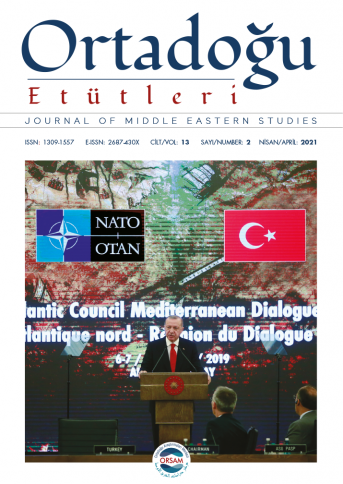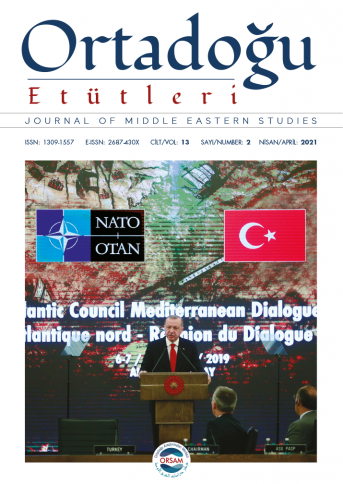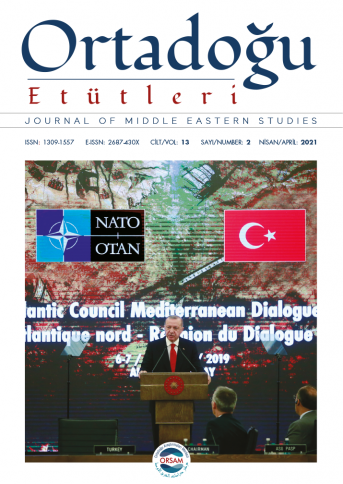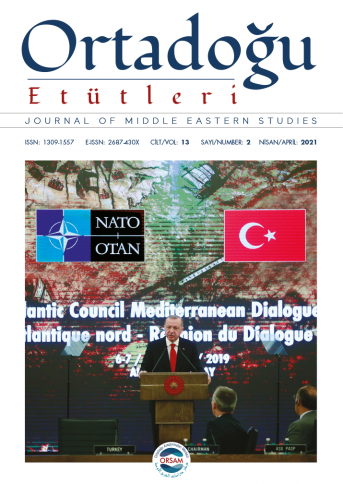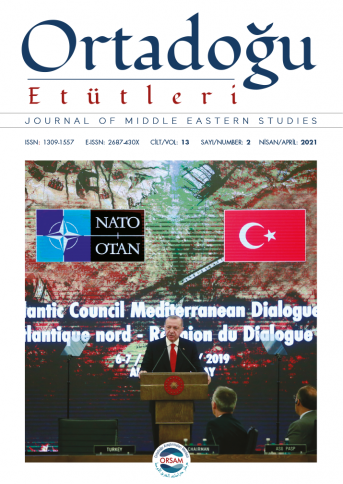
Emerging Human Rights Discourses in Post-Uprising Egypt
The uprisings in the Middle East and North Africa (MEN A) region during 2011, which resulted in the demise of authoritarian rulers or gave rise to some political and economic reforms, proved the significance of human rights and moved that issue to the forefront of academic and political debates. As the protestors brought human rights references to the center of their political struggle, political actors used its rhetoric to claim legitimate authority or popularity. This article, which analyzes the human rights discourses and their use in legal and political action in post-uprising Egypt, focuses on the first two years of the transition process and surveys the main patterns of human rights discourses in post-uprising Egypt, and illustrates the multifaceted and complex potential of human rights in the transitional post-uprising Egypt. Analyzing the main patterns of human rights discourses during this period, the article demonstrates that human rights are not only used as an emancipatory tool by Egyptian citizens against their repressive authoritarian regimes, but also applied by key political actors from various and opposing ideological backgrounds. The article focuses on three significant documents issued during the constitution-making process (viz., the Al-Azhar Document, the National Council Document, and the Silmi Document) and illustrates how diverse opposing key political actors reflected their vision of human rights during the constitution-making process and tried to impose their ideological views on the county’s legal, political, and social frameworks.

